The United States Department of Energy (DOE) and the Federal Emergency Management Agency (FEMA) today released a summary report for the Puerto Rico Grid Resilience and Transitions to 100% Renewable Energy Study (PR100). The two-year study concludes that Puerto Rico can successfully meet its projected electricity needs with 100% renewable energy by 2050. PR100 outlines pathways to achieving clean energy success, including grid stabilization measures and the deployment of distributed energy resources. To further assist Puerto Rico’s energy resilience and clean energy goals, DOE today announced that on February 22, 2024, residents can apply for DOE’s Programa Acceso Solar (Solar Access Program)—a program designed to connect up to 30,000 low-income households with residential rooftop solar and battery storage systems with zero upfront costs. This program is a consumer-facing application phase of the first round of funding from the Puerto Rico Energy Resilience Fund, a $1 billion DOE program focused on improving the resilience of Puerto Rico’s electric grid with an emphasis on the region’s most vulnerable and disadvantaged households and communities. The Biden-Harris Administration remains committed to helping states and territories reach their clean power targets to move the nation closer to achieving President Biden’s 2050 goal of a net-zero carbon economy.
“The Biden-Harris Administration is committed to equity-centered climate solutions that provide a direct and immediate benefit to those grappling with the persistent and lingering effects of climate change,” said US Secretary of Energy Jennifer M. Granholm. “DOE is proud to launch Programa Acceso Solar to help achieve the pathways for clean energy outlined in the PR100 study and support the most vulnerable communities in becoming more adaptive and resilient in the face of natural disasters.”
“As Puerto Rico continues to rebuild and recover from the devastation of Hurricane Fiona and other natural disasters, the Department of Homeland Security is proud to work with our partners to build the foundation for a sustainable, resilient future where every Puerto Rican community has access to affordable energy and cleaner air,” said US Secretary of Homeland Security Alejandro N. Mayorkas. “The PR100 study is a testament to the Biden-Harris Administration’s commitment to rapidly build the safety, security, and stability of local communities in a responsible, climate-conscious way.”
“Over the last two years, we’ve been working with our partners at DOE across the Biden-Harris Administration alongside the Puerto Rico Government to prioritize the PR100 study and make it a reality,” said FEMA Administrator Deanne Criswell. “Through our partnership, we will provide Puerto Rico communities, including those who are disproportionately affected by disasters, a generational opportunity to become more resilient. As these findings are being put into practice, we remain more committed than ever to the island’s recovery and to innovative solutions like this study to not only address disaster-related damage but also ensure a sustainable way forward.”
PR100 Study Findings
Launched in February 2022 with funding from FEMA, PR100 deployed the world-class expertise of DOE’s National Labs to engage diverse local stakeholders regarding their priorities for their energy future; gather and generate valuable data sets; and create advanced models to project scenarios for achieving 100% renewable energy. PR100 also includes an Implementation Roadmap, providing decision-makers in Puerto Rico with specific actions that can be taken to stabilize the grid, improve resilience, and achieve local renewable energy goals. The two-year PR100 Study relied on extensive stakeholder input to ensure the results and the implementation roadmap reflected local priorities for Puerto Rico’s energy transition. This included an advisory group of nearly 100 individuals from 60 organizations representing the public, private, and nonprofit sectors that informed every aspect of the study for the past two years. Stakeholder engagement efforts also included a PR100 Community Engagement Tour with Secretary Granholm to connect with individuals in municipalities across Puerto Rico.
Notable findings of the PR100 study include:
- Puerto Rico can transition to 100% renewable energy by 2050 and has more than enough renewable energy resource potential to meet its current and future electricity needs through 2050. Prioritizing stakeholder and community input as well as interagency coordination, will be critical in ensuring an equitable transition.
- Puerto Rico must increase new power generation infrastructure significantly—on the scale of hundreds of megawatts—to stabilize the grid and alleviate current generation shortfalls, including rapid deployment of utility-scale and distributed renewable resources and significant amounts of storage.
- Renewable energy goals can be met by developing renewable energy projects on land that is not designated for agricultural purposes. While there is enough renewable energy potential on non-agricultural land to meet total annual electric load now and through 2050, these sites tend to have higher costs.
- Under all scenarios of the study, Puerto Rico’s rooftop solar capacity and storage capacity will significantly increase by 2050. Even if rooftop solar and batteries are added to all suitable rooftops, utility-scale renewable energy and storage projects will still be needed to meet electric load reliably.
- Investments in new generation to create a reliable grid could lead to rate increases. A strategic plan to control rate impacts while achieving better reliability over the near term is needed and could focus on maximizing use of distributed resources (like rooftop solar, energy efficiency, and storage) as well as cost-effective management of resources at the grid scale.

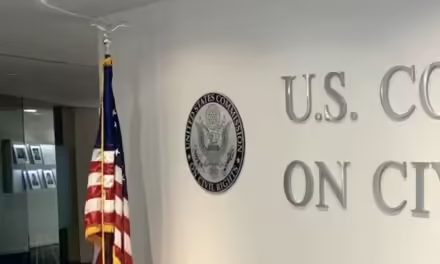
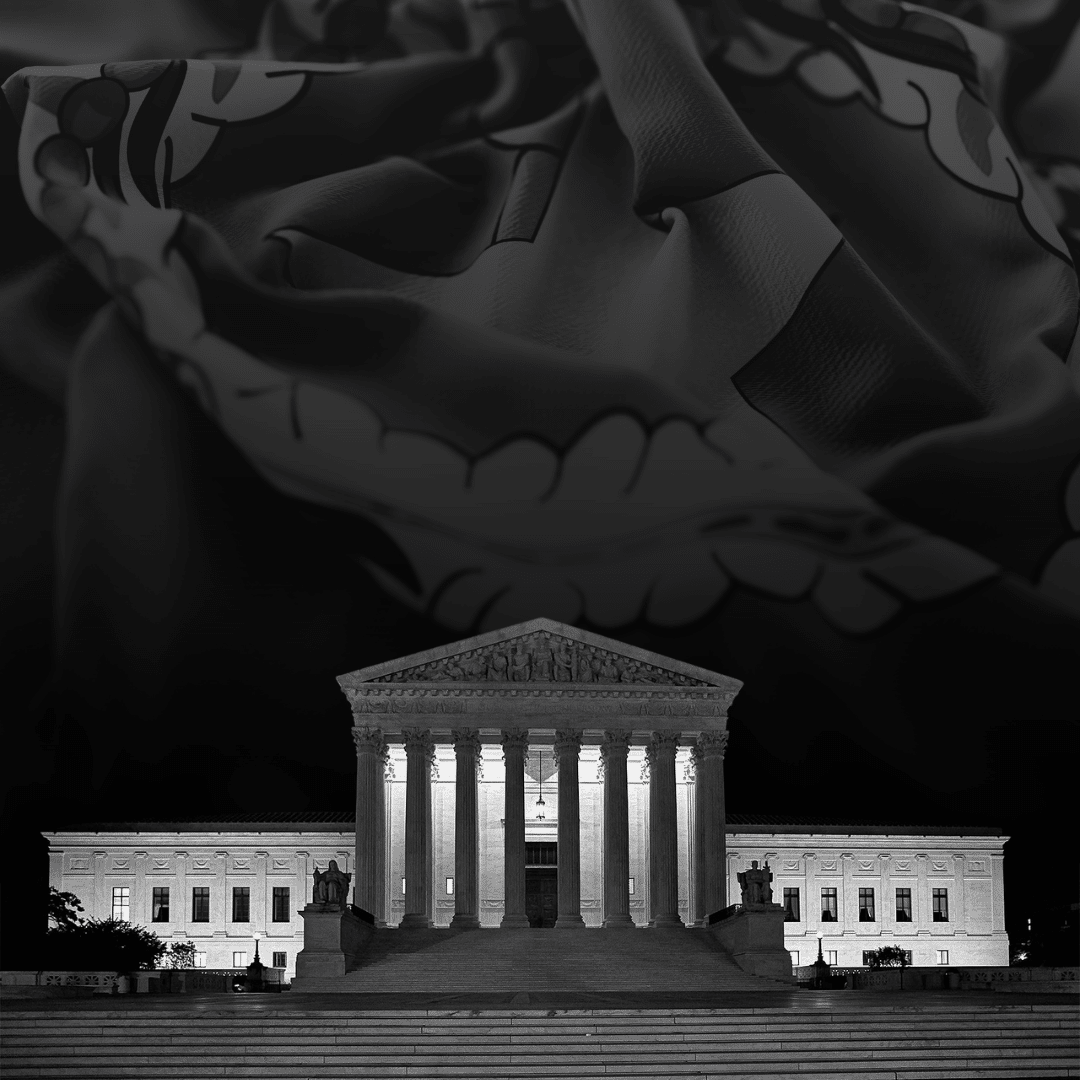
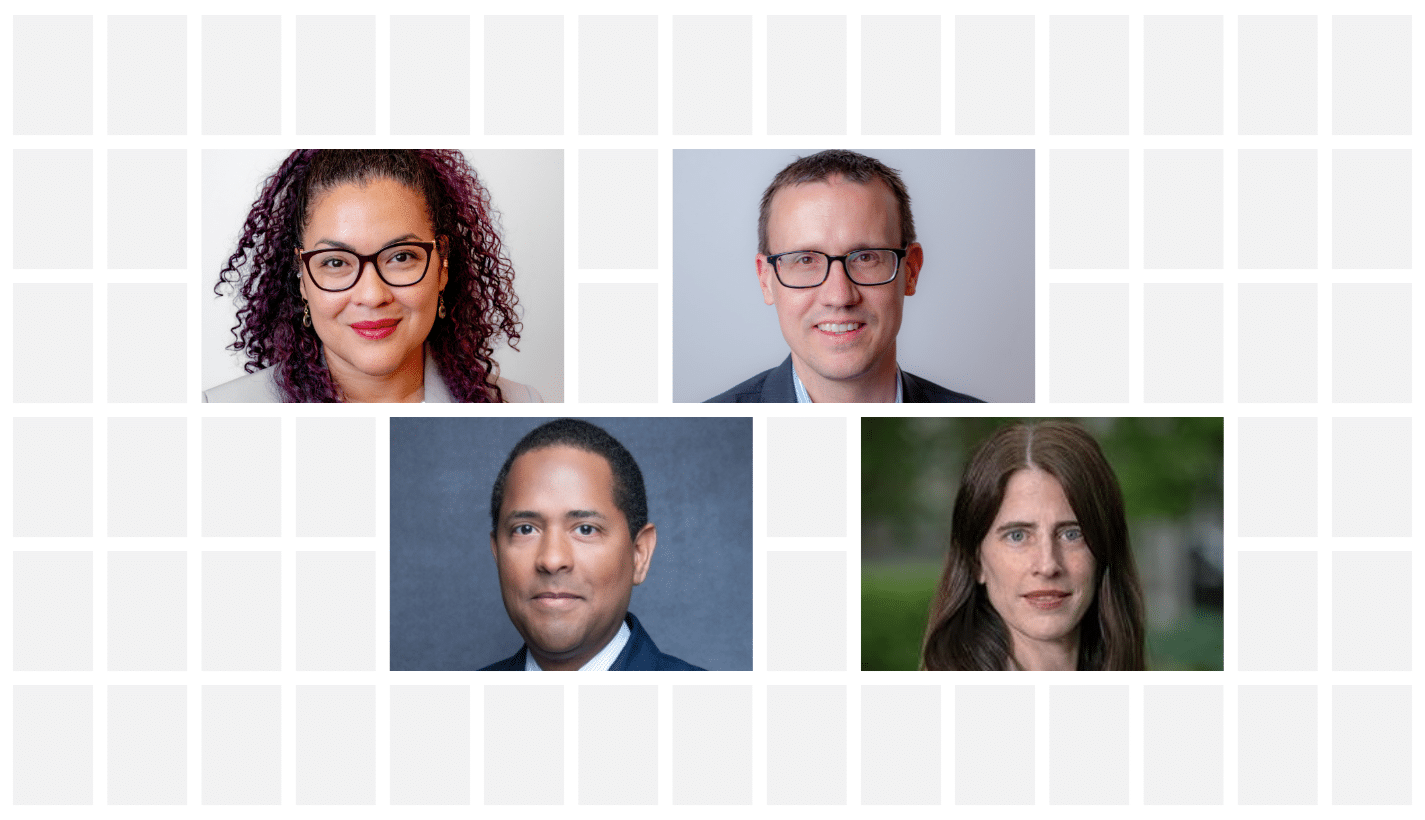
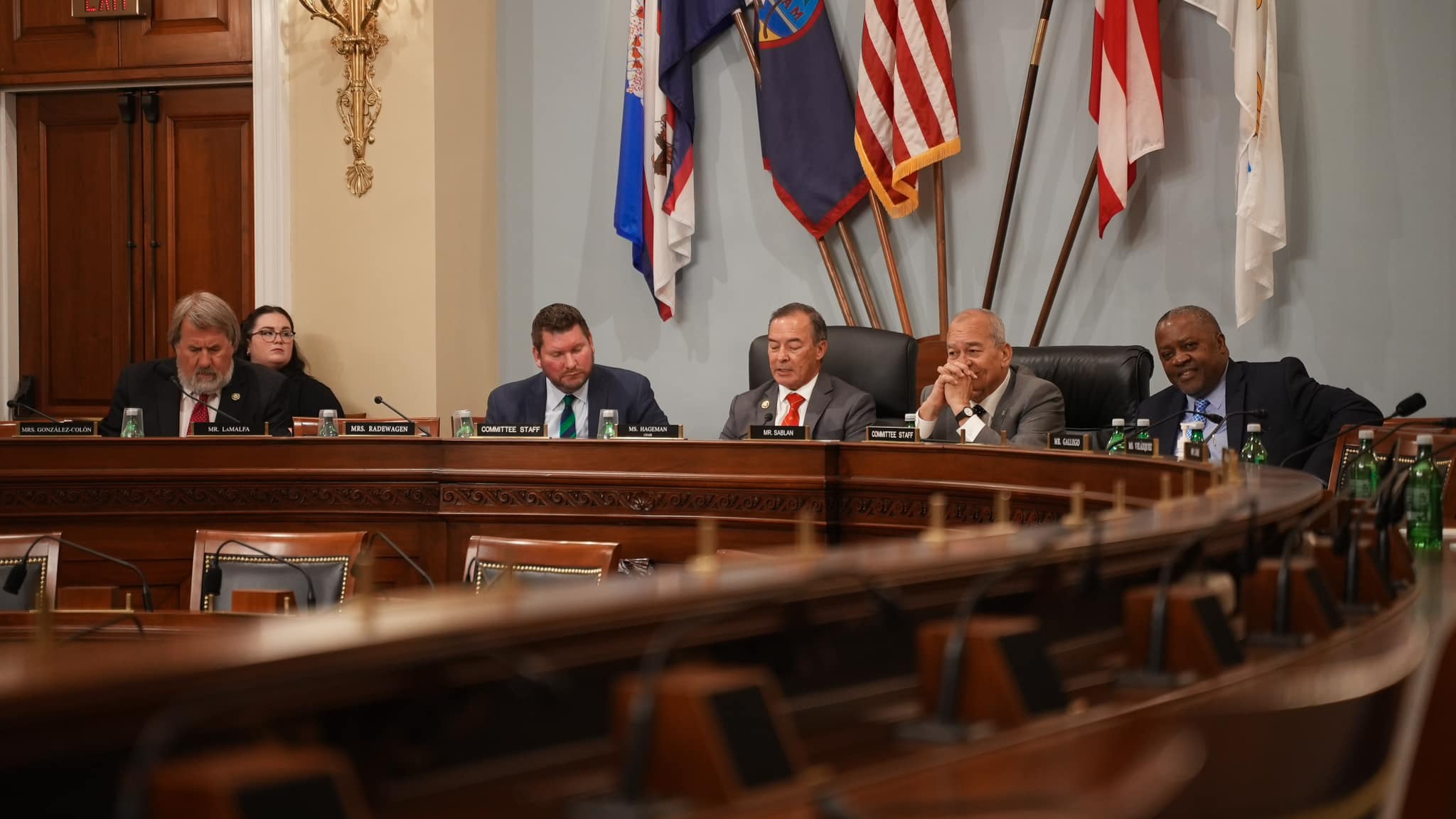
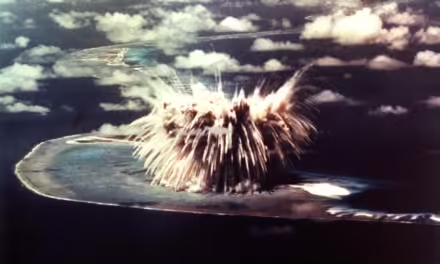
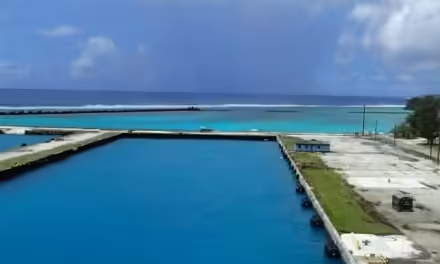
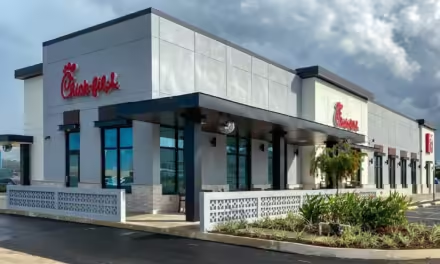

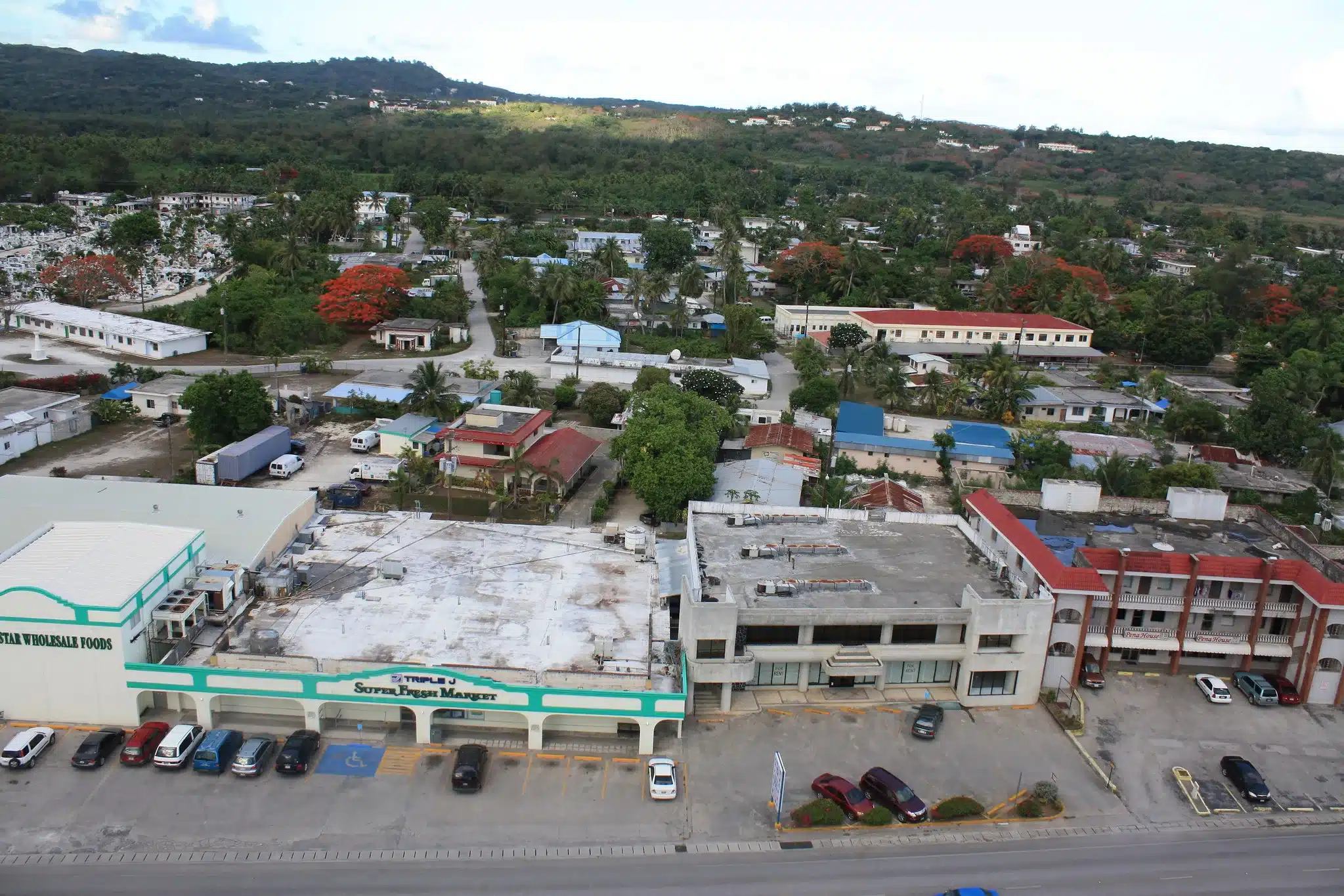

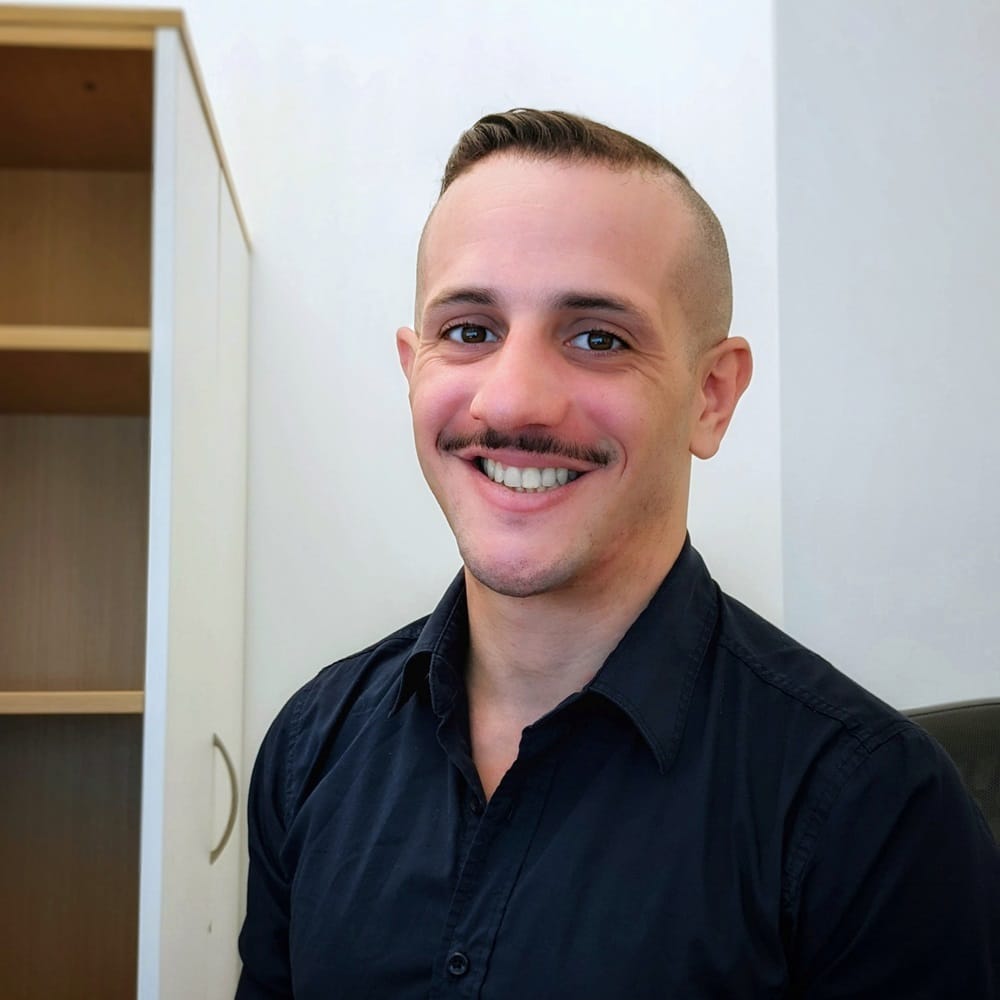
0 Comments